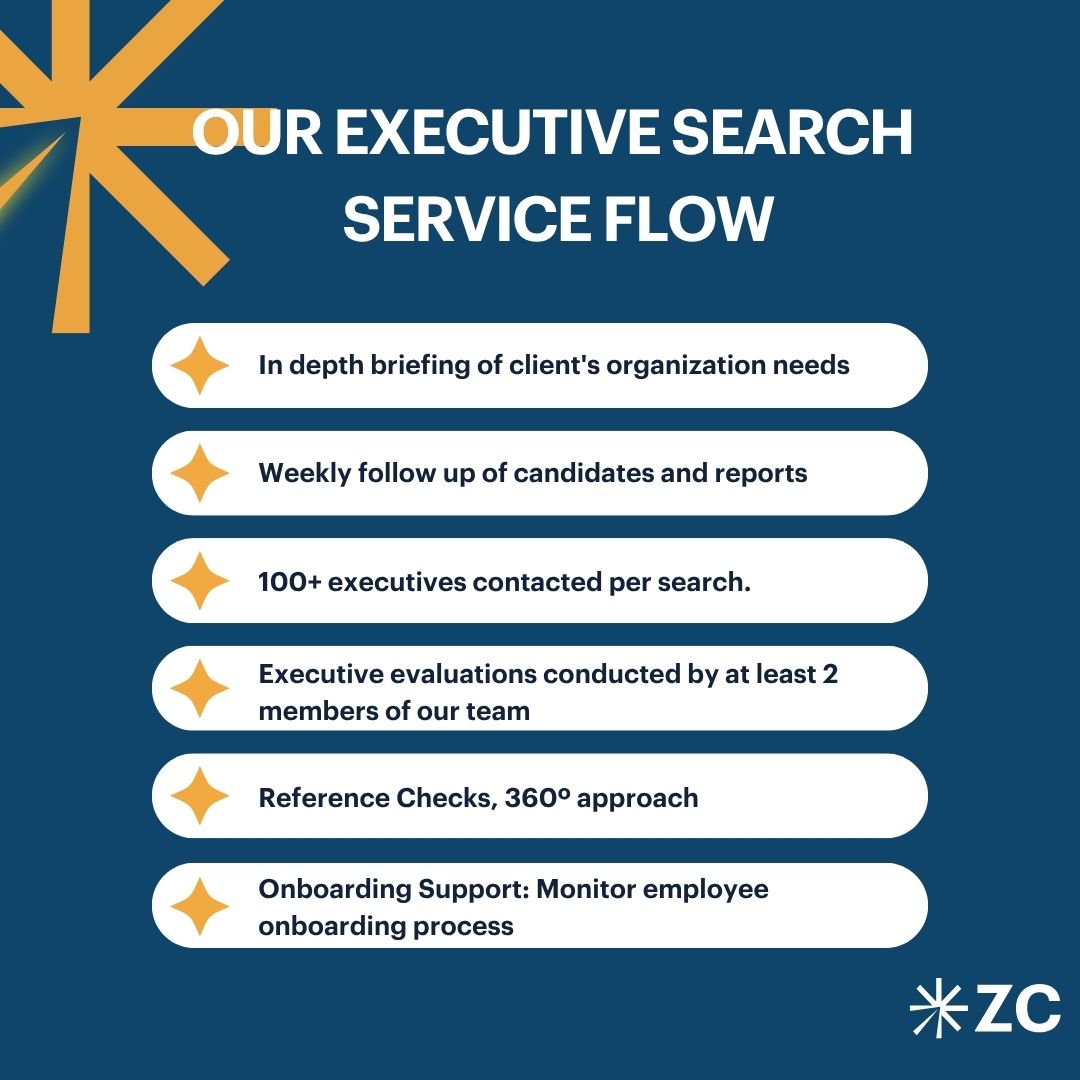The U.S. job market has become a complex one, thanks to recent changes driven by factors such as COVID-19 and the phenomenon known as the Great Resignation. Since job seekers outnumber available positions, companies find themselves in a strategic position to reevaluate talent acquisition strategies, especially in the business process outsourcing (BPO) sector.
One interesting response to this scenario is the increased reliance on executive search firms for senior management and C-Suite positions in the United States.
Finding executive talent in the USA remains challenging for several reasons:
- Intense Competition: The competition for top talent remains high, contributing to the difficulty in filling executive roles.
- Inefficiencies in Hiring Processes: HR leaders face challenges due to inefficient hiring processes leading to missed opportunities with top candidates.
- Technology-Enabled Recruitment: To address inefficiencies, a technology-enabled strategy is recommended, including streamlined applications and efficient interview scheduling.
- Diversity and Inclusion Goals: Casting a broad net and actively recruiting from diverse institutions is crucial. Aligning with a focus on diversity and inclusion.
- Leveraging Employee Referrals: Employee referrals are emphasized as a valuable source for identifying top talent.
- Critical Skills for the Modern Workplace: Regardless of the role companies look for candidates with intellectual curiosity, commitment to upskilling, relationship-building skills and agility.
Challenges in Executive Search USA:
- Specialized Skill Set Requirement: Executives need a unique blend of skills for navigating global markets, utilizing technology, and leading diverse, remote teams. Conventional recruitment channels may struggle to identify candidates with the necessary skill set.
- Intensified Competition for Executive Talent: Shrinking candidate pools and increased demand result in fierce competition for top-tier leaders. Organizations face challenges in standing out and securing the best candidates.
- Intricate Executive Compensation and Benefits: Explanation: Negotiating compensation packages that align with market trends while remaining competitive is a delicate task. Lack of expertise in compensation structures can hinder successful negotiations.
- Confidentiality and Discretion: Maintaining privacy is essential in executive searches due to the high-profile nature of candidates. Mishandling confidentiality can lead to reputational damage.
Executive Search Services in the USA
As an executive search firm, we help USA companies manage these challenges by leveraging our expertise, networks, and strategic approaches. We can help in promoting impartiality and use technology for unbiased candidate selection to ensure a comprehensive recruitment process. We play a crucial role in identifying, attracting, and securing top-level executives while navigating the complexities of the executive recruitment landscape in the USA.

To know more about our methodology and service flow click here.






